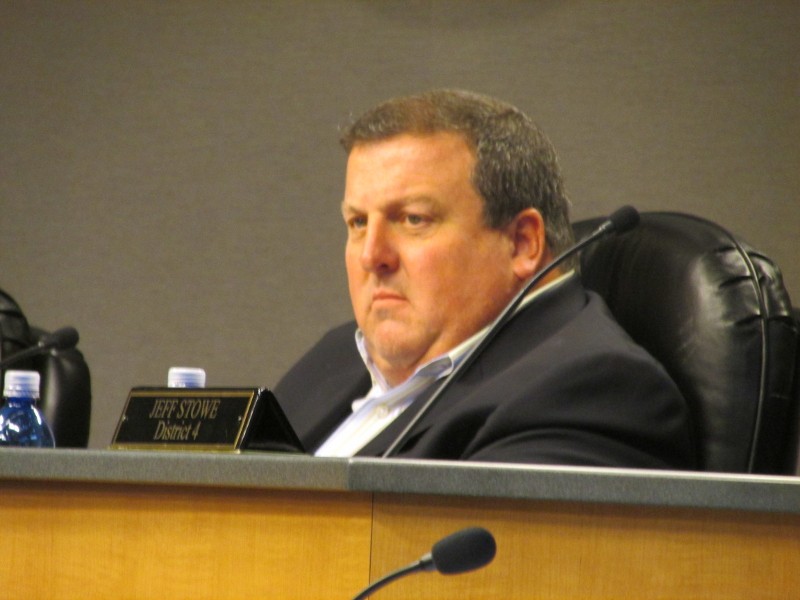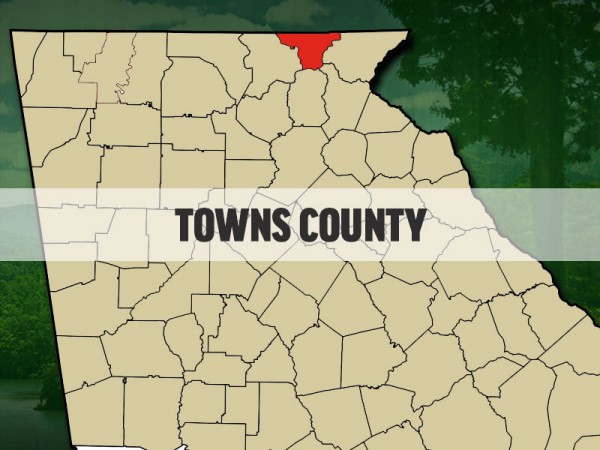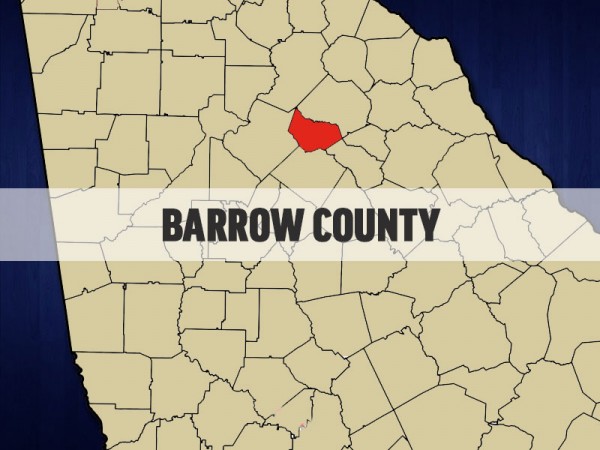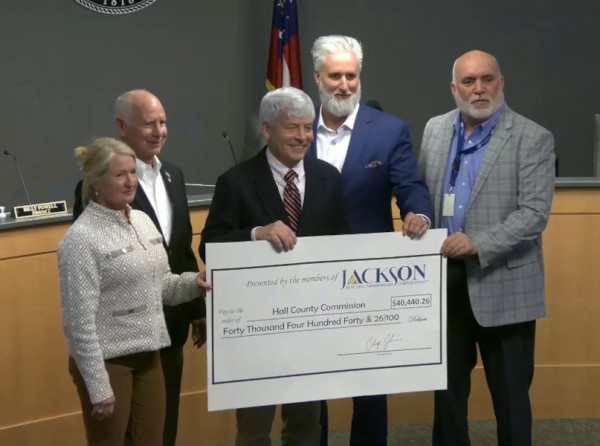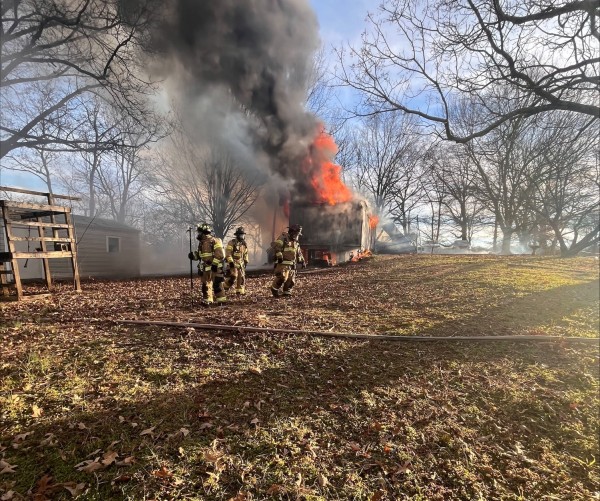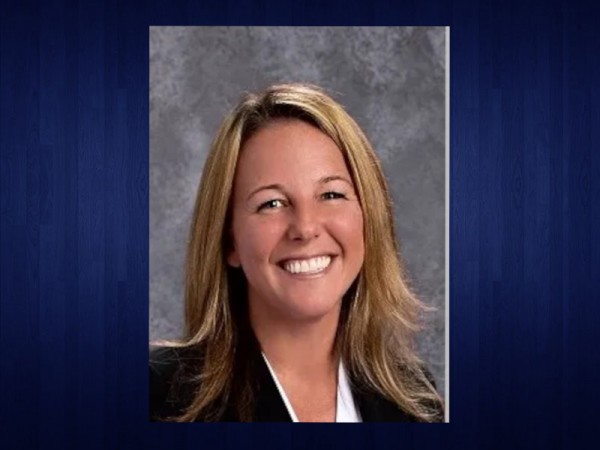GAINESVILLE – Hall County Commissioners agreed Thursday evening to lend their support to a growing challenge facing home construction in our area: the interpretation of state septic system regulations that renders some lots unbuildable.
Commissioner Kathy Cooper invited local septic expert Harold Kilgore to address the Board of Commissioners regarding the dilemma facing property owners and builders alike.
“I know Hall County commissioners can’t change a rule or a law that’s adopted through the Department of Public Health, but I would like y’all’s support,” Kilgore began.
Kilgore owns Gravelator Systems in Maysville and has been in the septic business for 40 years.
Kilgore held between his fingers a copy of the first set of regulations governing “on site waste management systems” approved by the state in 1969; the pamphlet contained about 30-pages.
He then strained to hold aloft the oversized binder containing regulations adopted this year.
“We’ve progressively adopted more rules, more regulations, and all for the good,” Kilgore said. “We want clean water.”
“Over the years…technology is getting better. We’ve got some phenomenal things we can do with waste water now that we couldn’t do thirty years ago.”
“Up until June 2nd of this year we were able to take old lots that were platted prior to 1984,” Kilgore said, and use “grandfathered” status, combined with new technology, and provide functional septic service for the homeowner.
What changed, according to Kilgore, is the way acreage requirements and setback ordinances are intrepreted and applied.
“A lot of these small lots that were approved in the 1960s and 1970s, when there was no minimum lot size here in Hall County… because of the new interpretation of the rule we can’t possibly get but one bedroom, if we’re lucky maybe two,” Kilgore explained.
(Septic requirements are based upon the number of bedrooms, not the number of bathrooms, kitchens or laundry rooms.)
Tim Williams, Associate Executive Director of Habitat for Humanity of Hall County, echoed the concerns expressed by Kilgore.
“What we’re concerned about at Habitat of Hall County is availability of lots,” Williams said. “Affordable housing is a major issue.”
“At Habitat we get a lot of lot inventory from older lots…or we get re-buildable lots where the house is dilapidated and we’re going to tear it down,” Williams said.
But new interpretation of existing septic regulations, according to Williams and Kilgore, by District 2 Public Health Department officials has made certain building situations much more challenging, if not impossible.
District 2, which manages 13 counties, experienced a leadership change and, according to Kilgore, that led to a change in regulation interpretation.
Kilgore said, “The district set a precedent in my mind by allowing this for the last twenty or twenty-five years (and now) all of a sudden flips and says, ‘Now we’re going to go by the rules no matter what.’”
Kilgore said his appeal was made with the intention of garnering the support of the Hall County Board of Commissioners.
Commissioner Scott Gibbs said, “I think maybe our Planning and Zoning…maybe we get together and write a letter to the Public Health Board. We need to stay up with technology and I think our Board of Health needs to stay up, but the (Georgia) legislature, they’re probably going to have to step in.”
“Sometimes the state may have to step in because these boards are all volunteer boards and they’re very conservative and try to do what they think is protecting everybody,” Gibbs added. “But they don’t have a deep knowledge where they need to.”
“The EPD (Georgia Environmental Protection Division) has paid professionals that need to be looking at everything,” Gibbs said.
Mike Hendrickson of Oakwood stepped to the podium and told commissioners, “I’m kind of a victim of this.”
Hendrickson told commissioners that he owns lake property and is trying to replace three existing mobile homes on his site with a new residence.
He said he has been told that he doesn’t have the area required for the new septic system he needs despite the fact that the three mobile homes are currently approved for a total of five bedrooms.
“Unfortunately, it almost forces you into sticking with whatever was put in the ground in the 70s and hoping it never fails,” Hendrickson said.



